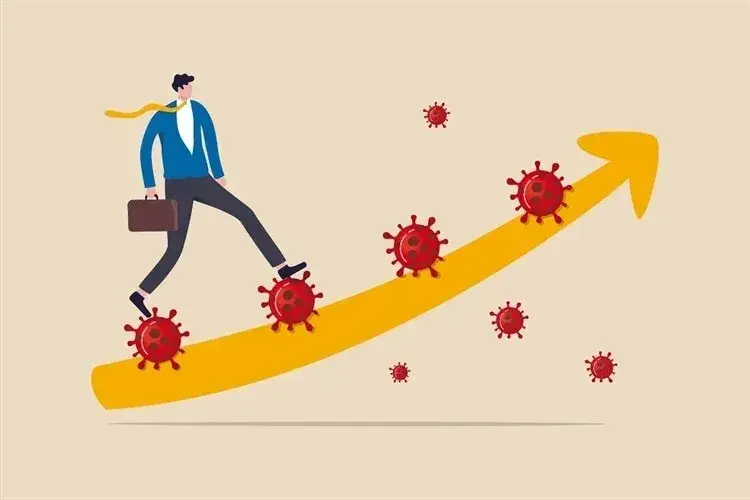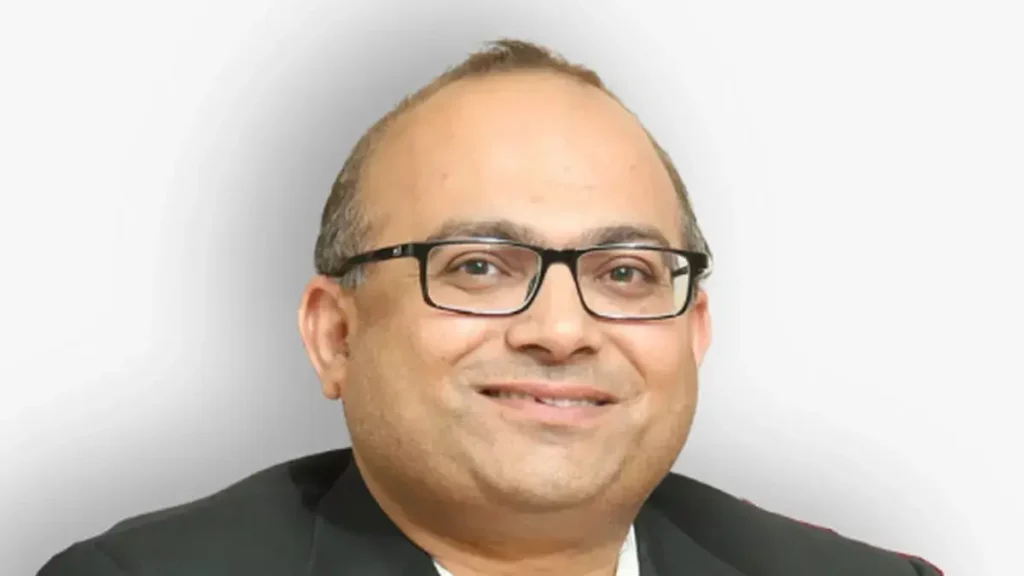Reflecting on the Success of the 11th New Normal Education Leadership Summit & Awards 2024 held on 3rd May 2024 in Coimbatore, Tamil Nadu
In a world where change is the only constant, education stands as the bedrock of progress, guiding us through the complexities of the 21st century. The 11th New Normal Education Leadership Summit & Awards 2024, held in the vibrant city of Coimbatore, Tamil Nadu, embodied the spirit of innovation, collaboration, and forward-thinking that is essential for shaping the future of education. Hosted by ArdorComm Media Group, this summit brought together luminaries from various spheres of the education ecosystem, creating a platform for meaningful exchange and collaboration. Against the backdrop of Tamil Nadu’s rich cultural heritage and Coimbatore’s bustling educational hub, the event was a celebration of excellence, creativity, and the relentless pursuit of educational advancement. From thought-provoking discussions to insightful leadership talks, the summit explored key themes such as innovation in teaching and learning, skills for the future workforce, sustainable education practices, digital literacy, cybersecurity, and global collaboration in education. These discussions provided valuable insights into addressing the evolving needs of learners in an ever-changing world. At the heart of the summit lay the prestigious ‘ArdorComm Education Leadership Awards 2024,’ a beacon shining light on the exceptional achievements of individuals and institutions in education, skill development, and employability. With steadfast dedication and an unwavering quest for excellence, these trailblazers have redefined the educational landscape, embodying the ethos of innovation and advancement. Spanning various categories such as Higher Education, School Education, Preschool Education, Skills and Training, Start-ups & EdTech, the Education Leadership Awards 2024 not only celebrated accomplishments but also underscored the collective commitment to nurturing a brighter future through education. Through their remarkable efforts, the awardees have set a remarkable precedent for the entire education community, inspiring others to aspire, innovate, and effect positive transformation for the betterment of society. Kumar Chandan Anand, Founder, CEO & Group Editor of ArdorComm Media Group, expressed his enthusiasm about the success of the summit, stating, “We are thrilled by the resounding success of the summit, which has served as a catalyst for meaningful dialogue and collaboration within the education community. It is inspiring to witness the passion and dedication of educators, innovators, and leaders who are shaping the future of education. This summit reaffirms our belief in the power of collective action to drive positive change and transform lives.” We are delighted to acknowledge the invaluable contributions of our esteemed partners who have played pivotal roles in making the 11th New Normal Education Leadership Summit & Awards 2024 a resounding success. LinkedIn, as our Presenting Partner, has provided unparalleled networking opportunities, while Samsung, our Powered By Partner, has infused the summit with cutting-edge technology. D2L, our EdTech Partner, has offered expertise in learning management systems, and Intercell has provided invaluable mentoring support. Teachmint has facilitated seamless integration of technology as our Connected Classroom Technology Partner. Additionally, DigitalEd India and SAS have enriched discussions as Associate Partners, and Kalorex has represented excellence in education as our School Partner. Together, these partners have formed a formidable alliance dedicated to shaping the future of education and driving positive change in the educational landscape. The Esteemed Guest Speakers at the summit were Uma Kannan, Founder Principal of Sri Venkateswara Group of Schools; Prof. Saramma Samuel, Secretary of RVS Group of Institutions; Dr. Manjula Pooja Shroff, MD and CEO of Kalorex Group; and Jayanth Prakash, Account Director & Regional Lead – South, Academics & Government, from LinkedIn. Each of these speakers brought invaluable insights and expertise to the discussions, enriching the summit with their diverse perspectives and experiences in the field of education. The Eminent Panel Speakers for the 1st Panel Topic – ‘Innovation in Teaching and Learning: Leveraging technology and innovative teaching methods to enhance student engagement and outcomes’ were Dr. Hemanalini, Principal of Rathinam College of Liberal Arts and Science in Coimbatore, who also served as the session moderator. Joining her were Prof. Shanmugam S., Founder & Chairman of United Educational Institutions in Coimbatore; Dr. Thomas K George, Chairman & Director of LEAD College of Management in Kerala; Dr. R. Nanda Gopal, Director General of the School of Management at Sree Saraswathi Thyagaraja College in Pollachi; Dr. J. Yogapriya, Dean (R&D) at Kongunadu College of Engineering & Technology in Tiruchirappalli; and Varun Bharadwaj, Vice President of Edtech Solutions at Intercell. The Eminent Panel Speakers for the 2nd Panel Topic – ‘Sustainable Education Practices: Integrating sustainability education into the curriculum to foster responsible citizenship’ were Anantha Krishnan B., CEO- Operations of Kalorex Group in Ahmedabad, who also served as the session moderator. Joining him were Uma Kannan, Founder Principal of Sri Venkateswara Group of Schools in Ambattur; Dheepan Thangavelu, Vice Chairman of Sri Shakthi International School in Coimbatore; John Xavier Thangaraj, Chairman of Little Flower Group of Schools in Chennai; Sanchana Navaneethakrishnan, Trustee of Vivekam Sr. Sec. School in Coimbatore; Pradeepa Thinakaran, Founder & MD of Zing International Preschool in Chennai; and Vagisha Gupta, Director of RKS Institutions in Coimbatore. The Eminent Panel Speakers for the 3rd Panel Topic – ‘Skills for the Future Workforce: Strategies for integrating employability skills and career readiness into educational programs’ were Dr. A. Shajin Nargunam, Pro Vice Chancellor and Director (CSTA) at Noorul Islam Centre for Higher Education in Kanyakumari, who also served as the session moderator. Joining the discussion were Dr. Shaleesha A. Stanley, Pro Chancellor of Jeppiaar University in Chennai; Dr. N. Prasannan, CEO of Sree Sakthi Engineering College in Coimbatore; and Dr. T. V. Christy, Vice Chancellor of Ponnaiyah Ramajayam Institute of Science & Technology in Vallam. Additionally, Jayanth Prakash, Account Director & Regional Lead – South, Academics & Government, from LinkedIn, provided valuable insights into the discussion. The Eminent Panel Speakers for the 4th Panel Topic – ‘Global Collaboration and Partnerships in Education: Harnessing the power of international collaboration and partnerships to enrich teaching and learning experiences’ were Dr. Prem Das Maheshwari, Director – South Asia, from D2L Corporation, who also served as the session moderator. Joining the discussion were Dr. P. Krishnakumar, CEO & Secretary of Nehru Group of Institutions; Dr. C. Guna Sekaran, COO










